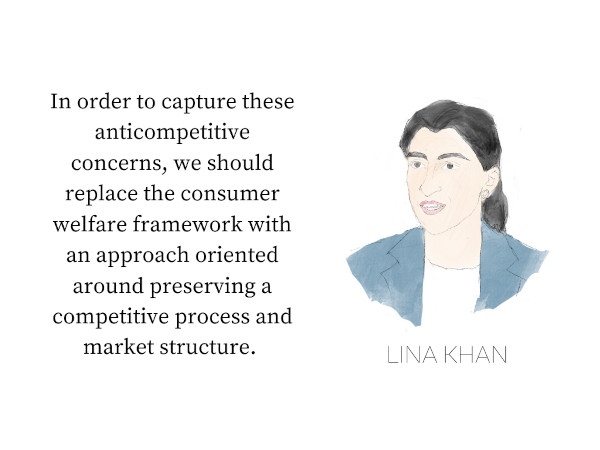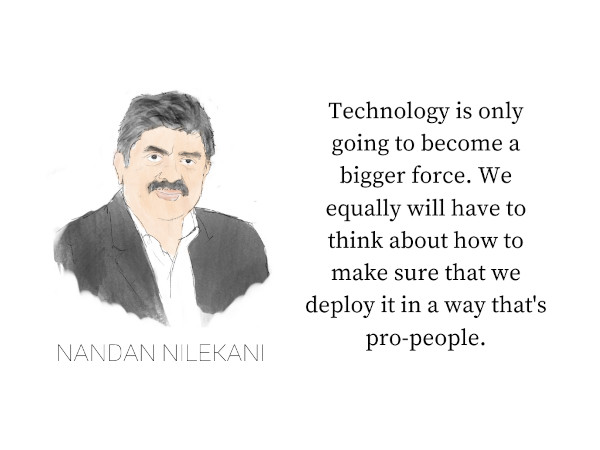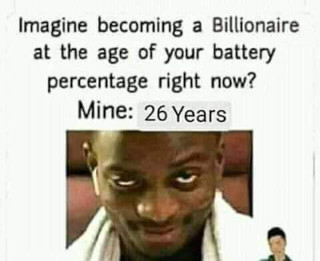[Photo by Terry Vlisidis on Unsplash]
Good morning,
The British science writer John Gribbin’s Deep Simplicity: Chaos, Complexity and the Emergence of Life is a classic that we look up every once a while. And inevitably, it places much in perspective. Like this passage that stared back at us to suggest, keep it simple.
“When other people hear scientists refer to ‘complex systems’ this sometimes creates a barrier, since to many people ‘complex’ means ‘complicated’, and there is an automatic assumption that if a system is complicated it will be difficult to understand. Neither assumption is necessarily correct. A complex system is really just a system that is made up of several simpler components interacting with one another. As we have seen, the great triumphs of science since the time of Galileo and Newton have largely been achieved by breaking complex systems down into their simple components and studying the way the simple components behave (if necessary, as a first approximation, taking the extra step of pretending that the components are even simpler than they really are). In the classic example of the success of this approach to understanding the world, much of chemistry can be understood in terms of a model in which the simple components are atoms, and for these purposes it scarcely matters what the nuclei of those atoms are composed of. Moving up a level, the laws which describe the behaviour of carbon dioxide gas trapped in a box can be understood in terms of roughly spherical molecules bouncing off one another and the walls of their container, and it scarcely matters that each of those molecules is made up of one carbon atom and two oxygen atoms linked together. Both systems are complex, in the scientific sense, but easy to understand. And the other key to understanding, as these examples highlight, is choosing the right simpler components to analyse; a good choice will give you a model with widespread applications, just as the atomic model applies to all of chemistry, not just to the chemistry of carbon and oxygen, and the ‘bouncing ball’ model of gases applies to all gases, not just to carbon dioxide.
“At a more abstract level, the same underlying principle applies to what mathematicians choose to call complex numbers. The name has frightened off many a student, but complex numbers are really very simple, and contain only two components, scarcely justifying the use of the term ‘complex’ at all. The two components of a complex number are themselves everyday numbers, which are distinguished from each other because one of them is multiplied by a universal constant labelled i. So whereas an everyday number can be represented by a single letter (say, X), a complex number is represented by a pair of letters (say, A + iB).”
Stay safe and have a good day!
In this issue
- Big Tech Vs Regulation
- Nandan Nilekani on what has changed in the last 15 years
- When to get rich
Big Tech Vs Regulation
The fight between Big Tech and regulators is heating up. Commenting on the recent draft regulations on e-commerce companies, Andy Mukherjee writes, “The list of what e-commerce platforms aren’t allowed to do in India has been growing for some time, but the latest prohibition on flash sales has simply gone too far. If the rules get implemented, the entire business model of Amazon.com Inc. and Walmart Inc. could come unstuck before their investments in a market of 1.4 billion people can grow to a rewarding size.
“While a lofty public purpose can always be tacked on as an afterthought to the most draconian of regulations, in this case the fig leaf is thinner than usual. It’s hard to see how ‘significantly reduced prices, high discounts or any other such promotions or attractive offers’ for a period of time ‘limit customer choice, increase prices and prevent a level playing field.’”

Meanwhile, in the US, Amazon is fighting a battle against the newly appointed chair of the Federal Trade Commission, Lina Khan. In a hugely influential paper, Khan had argued that lower prices—one of the strongest reasons why Amazon is seen as customer friendly—need not necessarily be a net good for the consumers, if one takes into account the other conflicting forces.
Khan’s appointment as the FTC chair is generally seen as the Biden administration’s intent to clip the wings of Big Tech thanks to criticisms such as this. Now, WSJ reports that Amazon is seeking Khan’s recusal from antitrust investigations of the company on account of exactly this. “Given her long track record of detailed pronouncements about Amazon, and her repeated proclamations that Amazon has violated the antitrust laws, a reasonable observer would conclude that she no longer can consider the company’s antitrust defenses with an open mind,” Amazon said in a motion filed with FTC.
Dig deeper
- After sinking billions, Walmart, Amazon haven't learnt their place in India
- Amazon Seeks Recusal of FTC Chairwoman Lina Khan in Antitrust Investigations of Company
Nandan Nilekani on what has changed in the last 15 years
Towards the end of his wide ranging conversation with David C. Brock and Uday Kapoor for Computer History Museum, Nandan Nilekani reflects on two important changes in two ideas that have driven human progress in the last several years—globalisation and technology. The conversation was recorded in 2019, and is even more relevant today. Here are two slightly edited excerpts.
“I wrote my book in 2008-09, and it was, if you go back and look at it, that was the decade of massive globalisation. China had joined the WTO. The world economy was booming. India was booming. Infosys was booming. So it was also a time of unbridled optimism.
“And in some sense my book is a reflection of that era. However, ten years later, I think the dimensions are different. I think we have a number of introspections. One of course, is about globalisation itself. In some sense, because the middle classes in the West didn't benefit from globalisation as much as others did, there's a pushback on that. So globalisation itself is getting a pushback.”

“I think on the one hand I'm a great believer that technology can—and it's probably the only way we're going to solve a lot of the challenges the world faces. Be it poverty, be it environment, be it everything we have. At the same time, I think we've become more aware that technology, if it's not applied in the way it should be, can also lead to a lot of challenges. And so I think that while technology is a great force, it's only going to become a bigger force. I think we equally will have to think about how to make sure that we deploy it in a way that's pro-people, in some sense. And I think a lot of the work I do actually is that kind of work.
“I think a lot of the work I do is actually how to deploy technology to empower people. And, you have to think, it's not automatic. Because technology also has a massive concentration capability. You can end up with a concentration risk. Whereas, if you do it well, it democratises. So my work is democratising technology.”
Dig deeper
When to get rich

(Via Twitter)
Found anything interesting and noteworthy? Send it to us and we will share it through this newsletter.
And if you missed previous editions of this newsletter, they’re all archived here.
Bookmark Founding Fuel’s special section on Thriving in Volatile Times. All our stories on how individuals and businesses are responding to the pandemic until now are posted there.
Warm regards,
Team Founding Fuel
(Note: Founding Fuel may earn commissions for purchases made through the Amazon affiliate links in this article.)

